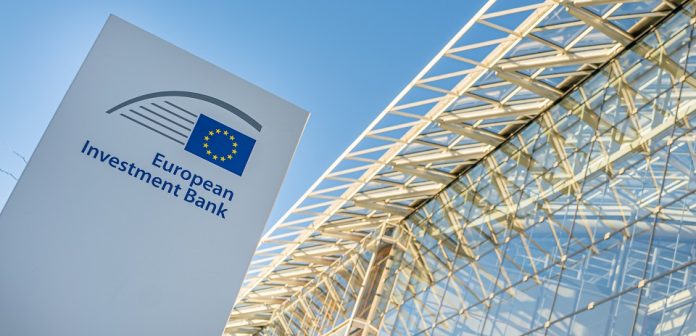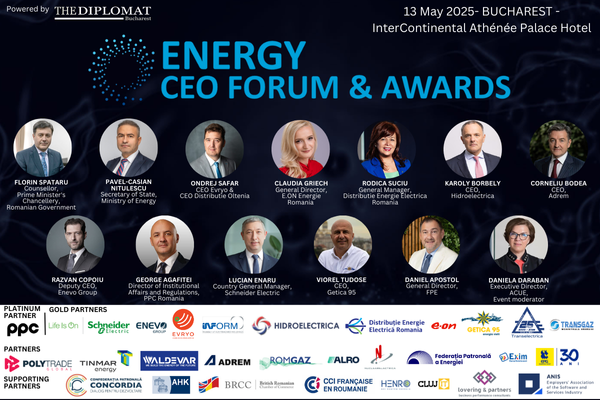The European Investment Bank (EIB) lending to circular economy projects has consistently increased over the years, amounting to 3.4 billion Euro over the past 5 years, with a record level of 1.1 billion Euro alone in 2022.
Some recent project lending signatures include venture debt financing with PackBenefit in Spain to accelerate rollout of sustainable food packaging technology, a loan to European waste-to-product business Renewi for new waste sorting and biogas facilities or an equity-investment in the Circulate Capital Ocean Fund I-B to prevent ocean plastic pollution and advance the circular economy in Asia.
EIB is participating in the World Circular Economy Forum 2023 (WCEF 2023), from 30 May to 2 June in Helsinki, Finland.
The annual WCEF, a global initiative of Finland and the Finnish Innovation Fund (Sitra), presents the world’s leading circular economy solutions with business leaders, policymakers and experts participating from around the world. This year’s edition will focus on the ambitious action to accelerate the circular economy transition and to promote circular solutions for nature and the economy.
During the conference, the EIB, as one of the biggest multilateral providers of climate and environment finance, will present its financing and advisory solutions for circular economy projects, discuss the challenges and opportunities of investing in the circular economy and the role of cities in the transition.
EIB is supporting the Ellen MacArthur Foundation’s Plastic Initiative. The initiative is working with reuse partners and experts to develop a vision for scaling returnable packaging systems. This work uses future visualisation and analytical modelling to show how scaled reuse systems can perform economically, environmentally, and experientially in comparison to single-use.
Ahead of the WCEF 2023, Ambroise Fayolle, EIB Vice-President responsible for financing environment, climate action and the circular economy said: “It is very clear today that there can be no transition to a carbon-neutral economy without a transition to a circular economy, one where we keep resources in use for as long as possible and significantly reduce waste. Financial institutions have an important role to play as one of the drivers of the transition to the circular economy. In the last 5 years, the EIB provided €3.4 billion to co-finance 118 circular economy projects in a variety of sectors and stands ready to do more to help meet the lending needs of its partners in this domain.”




